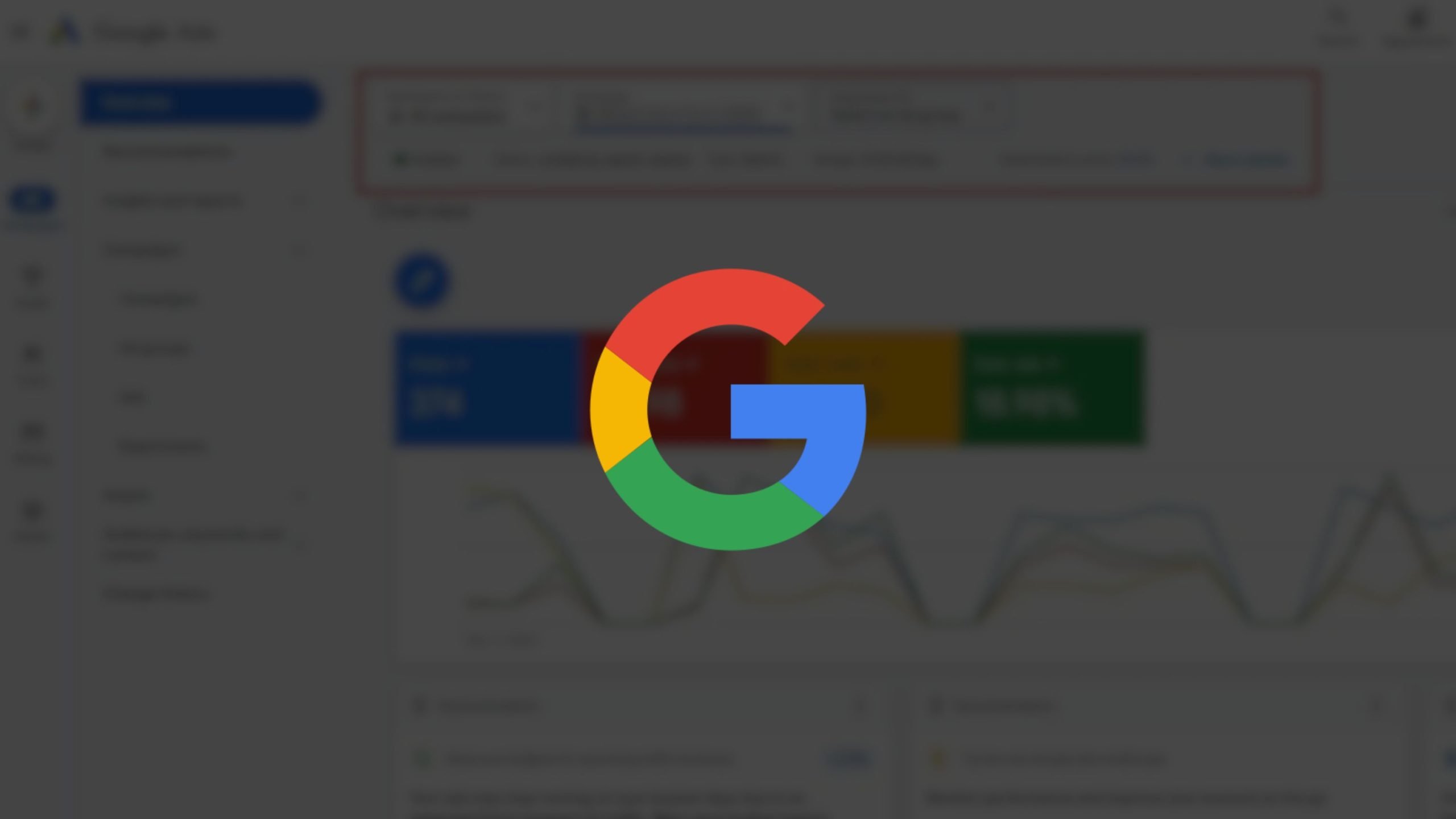Google has once again raised considerable privacy and surveillance concerns – including affecting sensitive sectors like the medical industry – this time with its updated Terms of Service for Local Services Ads (LSA).
The LSA scheme is designed to give local business leads, like calls and emails, directly from local customers who search for their services on Google.
But an email sent to participating advertisers last week informed them that failure to accept the terms by June 5 will mean their ads will no longer appear either in the giant’s Search or Maps.
The new rights over advertiser assets benefit not only Google but also the company’s affiliates, and what they now can do is access all content in an LSA profile (including calls from potential customers) in order to use, modify, and display it across Google products and services.
This by no means exhaustive list of content includes business photos, entity name, location, phone number, category, site, and hours.
Google is also claiming the right to select, modify, display, and use content such as photos, provider bios, service descriptions, pricing information, and discounts.
That content is derived from phone calls and messages with end users routed through Google, and URLS identified and shared in the LSA account.
Ad agencies can be the ones to consent to the terms on behalf of advertisers, and in that case, the new rules apply to both. However, it is at this time not clear whether agency manager accounts can make this decision without letting the clients know how their data will be handled starting June 5.
When applied to advertisers representing legal and medical firms, Google having the right to record phone calls and messages means they would be unable to continue to use LSA without breaking confidentiality.
Some reports speculate that Google might include carve-outs for these industries, but also note that since mid-2024, the giant has been “digitally eavesdropping on LSA phone calls” when it replaced the manual lead quality dispute process with an automated one.
But the new terms provide for the breadth and depth of data mining and creation of “caller-level profiles” that are described as, “chilling.”













